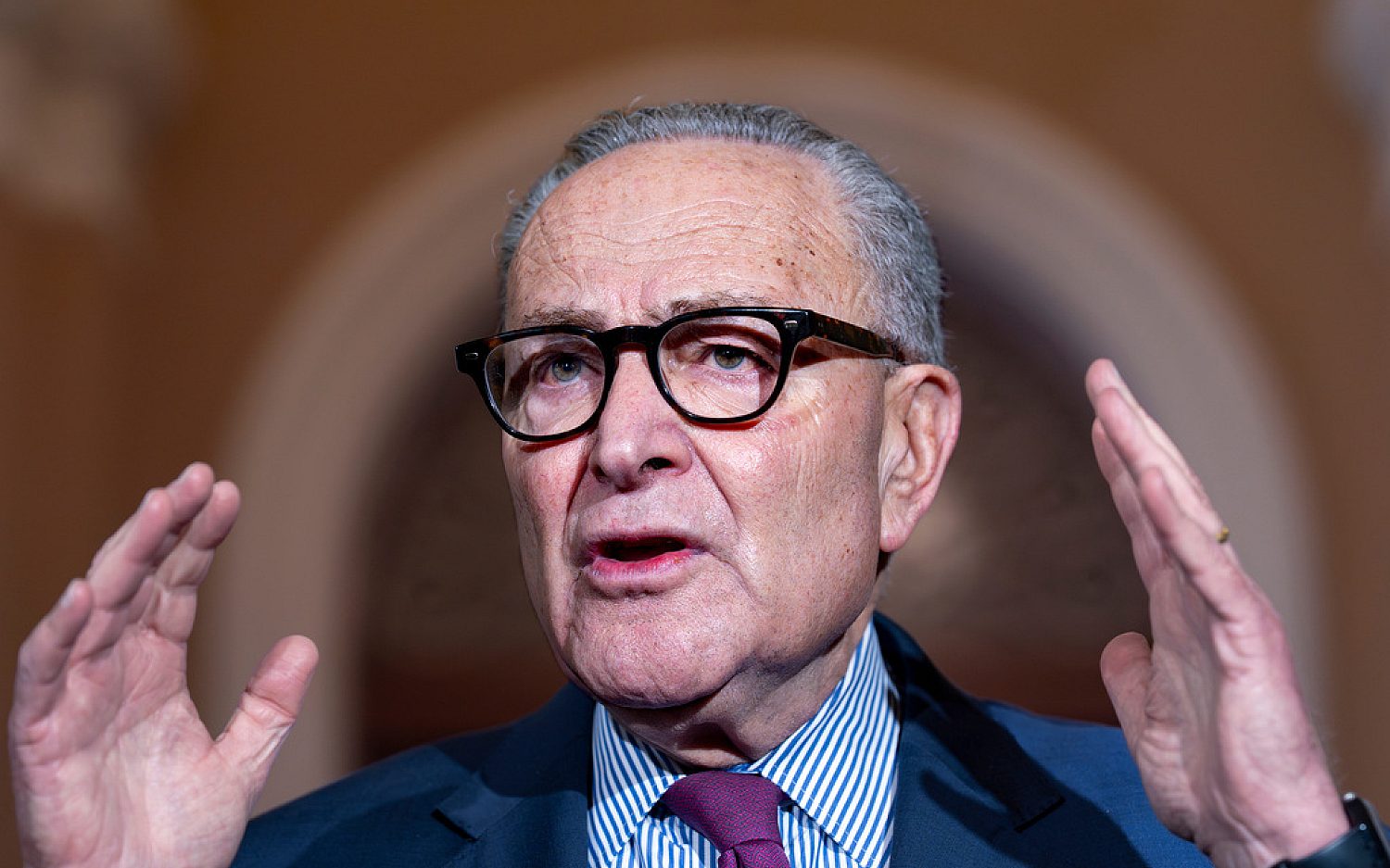Possibly non-partisan
McDonnell signs compromise; independent commission reduced gerrymandering
After weeks of disagreement and political maneuvering, Gov. Bob McDonnell finally signed a compromise bill on Friday that would realign the Senate's 40 districts for the next ten years. The compromise comes a week after he vetoed an earlier Senate map crafted by majority Democrats. The bill now goes to the federal Justice Department for review as required by the 1965 Voting Rights Act.
"This plan retains more geographic and municipal boundaries, contains districts that are somewhat more compact, and passed the Senate on a strong bipartisan vote," McDonnell said in a recent press release. "It is a great improvement over the previous plan that I vetoed, and which failed to gain a single vote from the minority party."
This year's historical level of disagreement over redistricting may signal a radical change in how maps are drawn for future decades. While past maps have been marked by political protection and gerrymandering, McDonnell's independent commission helped to show that nonpartisan maps are not only achievable but also, quite possibly, preferable for the future.
"This is the first time in the history of Virginia where we've had two alternative sets of maps for people to compare," noted Dr. Quentin Kidd, Director of the Judy Ford Wason Center for Public Policy at Christopher Newport University. "We're on the cusp of some reforms that are going to make redistricting much more transparent."
The easiest way to make redistricting more transparent, Kidd said, is by creating independent commissions to draw the "first draft" of state lines. While this year's commission had no actual authority, Kidd said that it bore many similarities to Gov. Arnold Schwarzenegger's redistricting commission in California, which now redraws California's maps every ten years, in lieu of the state legislature.
In short, McDonnell's commission, while having little practical authority, helped to expose much of the gerrymandering that occurs during the redistricting process.
"[T]he House and Senate redistricting maps … will make legislative districts less compact, split more counties and cities, and separate commonsense communities of interest even more than the maps currently in place," concluded a report comparing the commission's map to the General Assembly's original map, which McDonnell vetoed. "In short, the maps presented to the Governor by the General Assembly would make a bad situation worse for the coming decade."
The governor's independent commission worked in tandem with the redistricting competition among Virginia colleges and universities, which Dr. Kidd organized to help facilitate citizen involvement. Though each group created their maps independently, the winning maps from the competition closely mirrored the commission's own maps, and both sets improved current district lines, according to a report from Christopher Newport University. The General Assembly's map failed to make such improvements, the report said.
Kidd explained that the General Assembly maps differed from the commission's because the commission did not need to protect incumbent seats. The General Assembly did.
"What we have is elected officials choosing who their voters will be," Kidd said. "It should be the other way around. The General Assembly decided what to do and then told people what they did. The commission went around and asked people what they valued and then drew lines accordingly."
The commission held public hearings throughout the state where citizens "weighed in" on the issues, typically expressing a strong desire to keep towns, cities, and communities more "compact," or together. These values, Kidd said, are reflected in the commission's maps.
It should come as no surprise that different maps reflect their authors. Out of a Republican House comes a stronger Republican majority, and out of a Democratic House comes a stronger Democratic majority. Gerrymandering has never been a secret. We've just never had any other viable options for redistricting.
"Until you pull politicians out into the open so that everyone can see what they're doing, there's almost no way to stop this from becoming a gerrymandering process," Kidd said. "But as technology becomes more available for people to become a part of the redistricting process, there's going to be so much more pressure on the legislatures. They'll have no choice but to change things."
"Like" us on Facebook today!
An actual newsletter worth subscribing to instead of just a collection of links. —Adam
Sign up to receive The Sift email newsletter each weekday morning for the latest headlines from WORLD’s breaking news team.




Please wait while we load the latest comments...
Comments
Please register, subscribe, or log in to comment on this article.